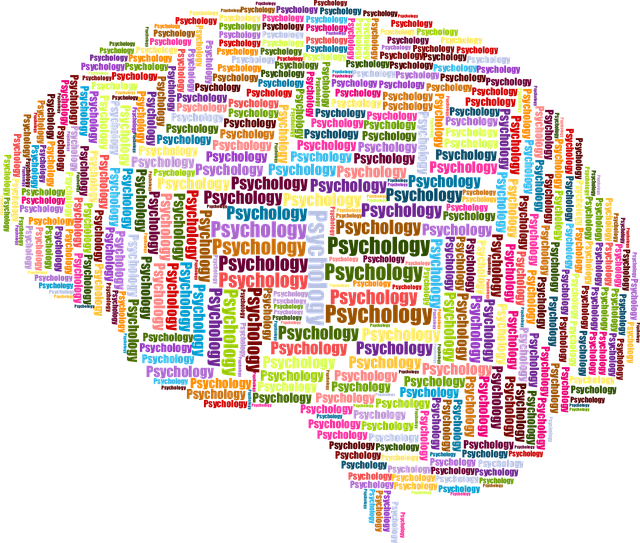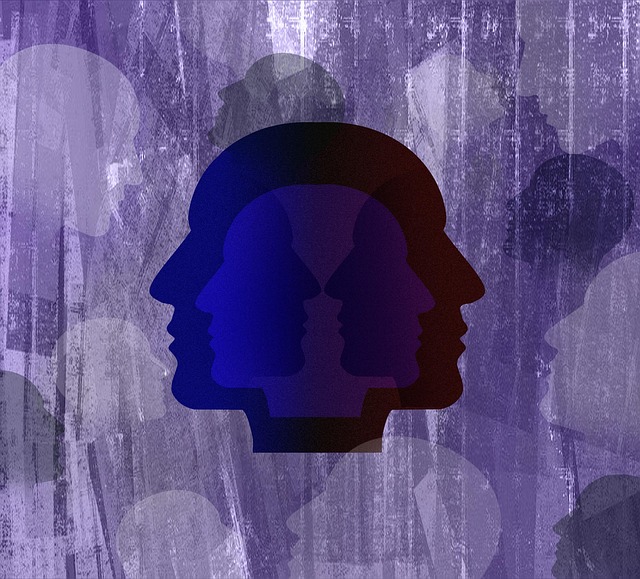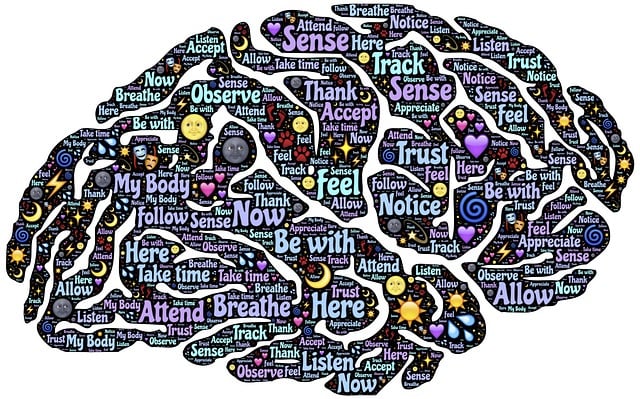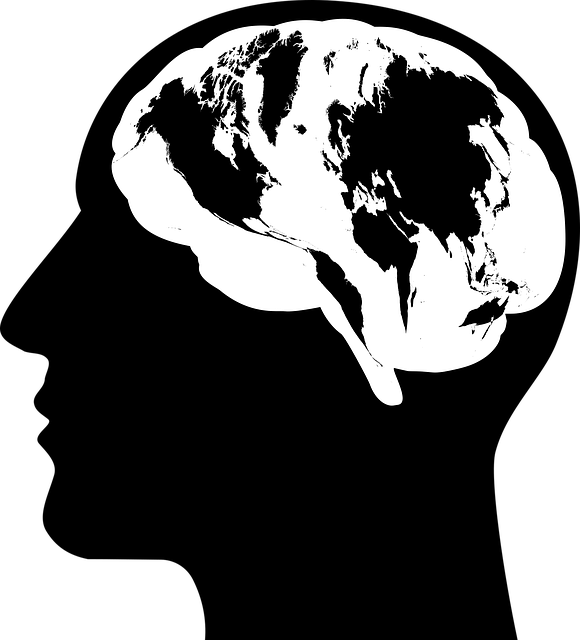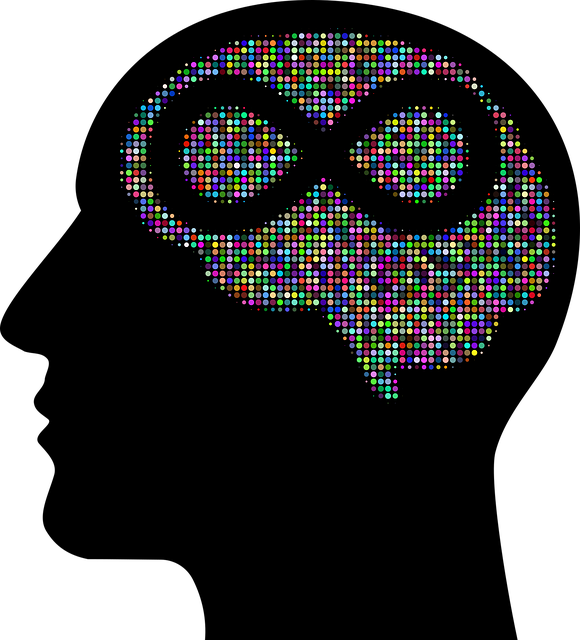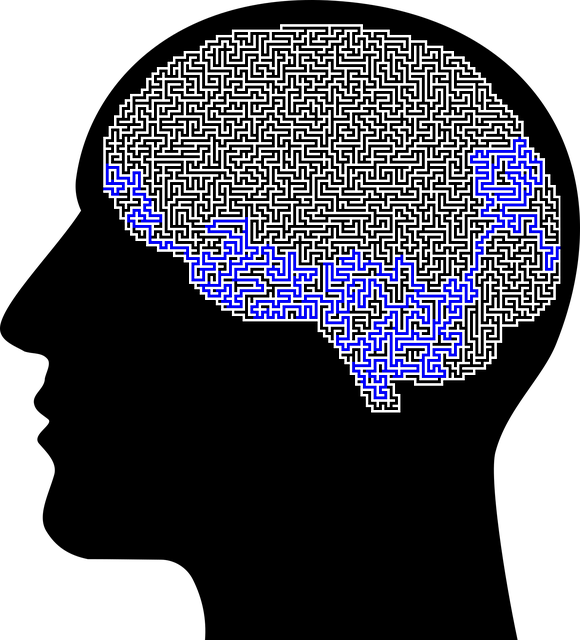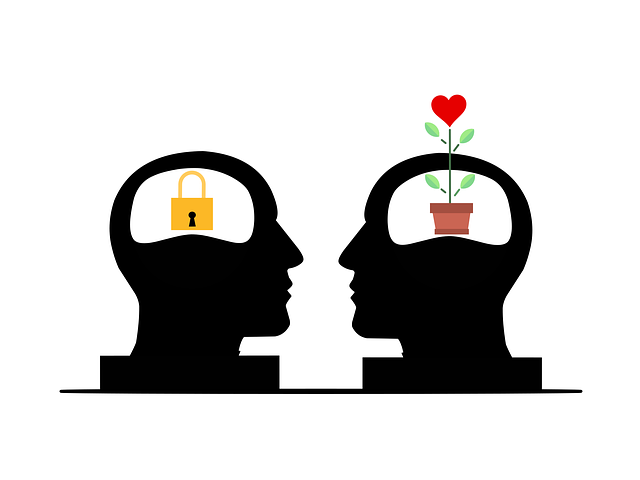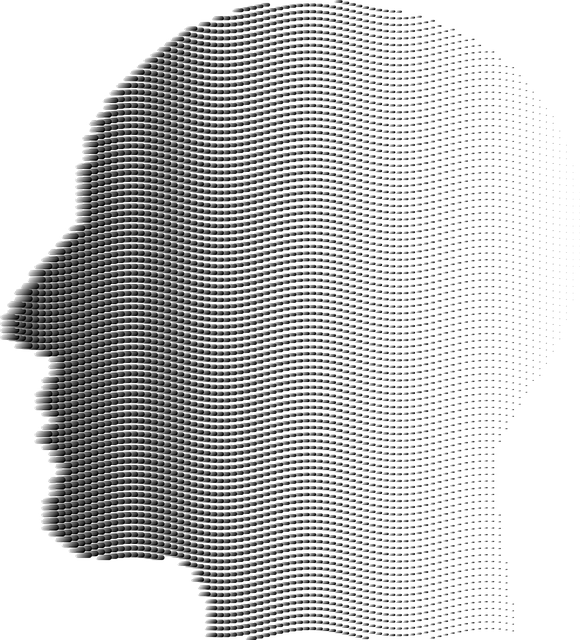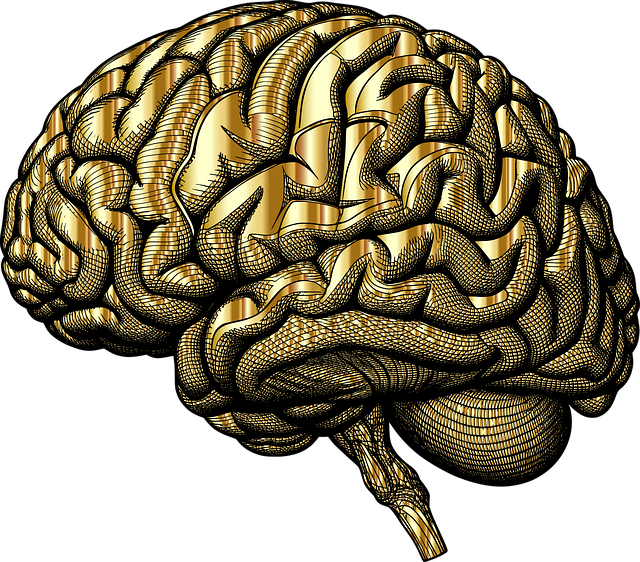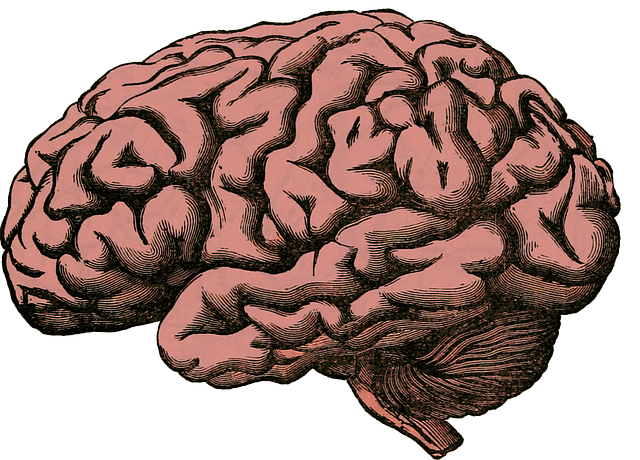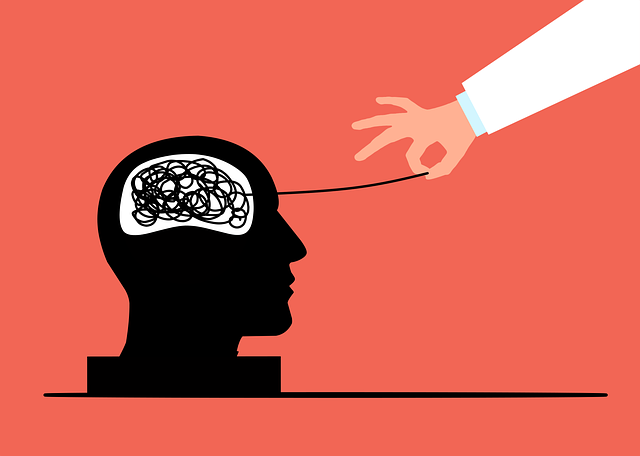Mental health advocacy, including programs like Aurora DBT, plays a pivotal role in dismantling stigmas and enhancing understanding of mental illness through awareness campaigns targeting high-risk populations. This approach combines individual counseling with group skills training, teaching coping strategies and promoting emotional resilience. By integrating digital platforms and creative expression, Aurora DBT reaches diverse communities, offers tailored support, and leverages community partnerships to overcome systemic barriers, ultimately fostering an inclusive environment for everyone's mental health journey.
Mental health advocacy initiatives are transforming lives and communities. In this article, we explore diverse strategies empowering individuals and communities to advocate for mental well-being. From understanding the profound impact of awareness campaigns to innovative approaches like Aurora Dialectical Behavioral Therapy (DBT), we uncover solutions for severe cases. We delve into the significance of collaboration between therapists, communities, and policymakers, as well as the therapeutic power of creative expression through art, music, and writing. Additionally, we examine the digital revolution and online platforms’ role in expanding mental health support.
- Understanding Mental Health Advocacy: Unveiling the Impact of Awareness Campaigns
- Aurora Dialectical Behavioral Therapy (DBT): A Transformative Approach for Severe Cases
- Building Alliances: Collaboration Between Therapists, Communities, and Policy Makers
- Creative Expression as a Tool: Art, Music, and Writing in Mental Health Advocacy
- Digital Revolution: Online Platforms and Their Role in Expanding Mental Health Support
Understanding Mental Health Advocacy: Unveiling the Impact of Awareness Campaigns

Mental health advocacy plays a pivotal role in fostering understanding and breaking down stigmas surrounding mental illness. At its core, advocacy involves raising awareness through various campaigns that educate the public, dispel myths, and promote early intervention. Initiatives like the Aurora Dialectical Behavioral Therapy (DBT) program exemplify this, targeting high-risk populations with evidence-based strategies to enhance resilience and coping skills.
Awareness campaigns are instrumental in shaping societal perceptions. By emphasizing the importance of mental well-being, they encourage individuals to seek support without fear of judgment. Incorporating elements of cultural sensitivity in mental healthcare practice is crucial, ensuring that advocacy efforts resonate with diverse communities. Empathy building strategies, fostered through such campaigns, can lead to improved access to care and promote positive thinking, ultimately contributing to a healthier and more supportive environment for those dealing with mental health challenges.
Aurora Dialectical Behavioral Therapy (DBT): A Transformative Approach for Severe Cases

Aurora Dialectical Behavioral Therapy (DBT) represents a groundbreaking approach to addressing severe mental health challenges, particularly in cases where traditional treatments have shown limited effectiveness. This intensive therapy model was developed to help individuals struggling with extreme emotional dysregulation and unpredictable behaviors. By combining individual therapy with group skills training, DBT offers a comprehensive framework for managing intense emotions, reducing suicidal ideation, and improving overall functioning.
The core components of Aurora DBT focus on teaching effective coping strategies, enhancing emotional awareness, and fostering healthier relationships. It empowers participants to develop skills in distress tolerance, mindfulness, interpersonal effectiveness, and emotion regulation—all essential elements for burnout prevention among healthcare providers who often find themselves at the front lines of mental health care. This holistic approach not only supports individuals in managing their symptoms but also equips them with lifelong tools for stress management, ensuring better long-term outcomes.
Building Alliances: Collaboration Between Therapists, Communities, and Policy Makers

In today’s digital era, mental health advocacy initiatives are gaining momentum, with collaborations between therapists, communities, and policymakers playing a pivotal role in fostering positive change. One such initiative, Aurora Dialectical Behavioral Therapy (DBT), exemplifies this harmonious partnership. By integrating compassion cultivation practices into therapeutic frameworks, Aurora DBT not only enhances stress management but also facilitates self-esteem improvement among its clients. This holistic approach recognizes the interconnectedness of mental health and community support.
Through these collaborative efforts, therapists can provide more comprehensive care by leveraging community resources and policy maker influence. Such alliances enable the development and implementation of evidence-based programs that address systemic barriers to mental well-being. By fostering open dialogue and shared responsibilities, these partnerships ensure that advocacy initiatives resonate with the unique needs of diverse communities, ultimately creating a more supportive and inclusive environment for everyone’s mental health journey.
Creative Expression as a Tool: Art, Music, and Writing in Mental Health Advocacy

Creative expression is a powerful tool for mental health advocacy, offering individuals with lived experiences a means to share their stories and raise awareness. Art, music, and writing provide unique avenues for emotional exploration and communication. Through art therapy, people can visually represent their feelings, creating a visual dialogue that transcends words. This non-verbal form of expression can be especially beneficial for those who find it challenging to articulate their mental health struggles verbally.
In the context of Aurora Dialectical Behavioral Therapy (DBT), creative outlets are encouraged as part of a holistic approach to treatment. DBT combines cognitive-behavioral techniques with mindfulness meditation and emotional regulation skills, fostering self-awareness and coping mechanisms. Art, music, and writing sessions can serve as safe spaces for individuals to explore their mental illness stigma reduction efforts, embracing mind over matter principles by transforming their experiences into powerful narratives. These creative endeavors have the potential to educate others, challenge societal perceptions, and ultimately contribute to a more compassionate understanding of mental health in communities across the nation.
Digital Revolution: Online Platforms and Their Role in Expanding Mental Health Support

The digital revolution has significantly transformed the landscape of mental health support, making professional guidance more accessible than ever before. Online platforms and applications are playing a pivotal role in expanding services, ensuring that individuals across diverse geographic locations can gain access to specialized care. For instance, Aurora Dialectical Behavioral Therapy (DBT) has leveraged these technological advancements to offer comprehensive therapy sessions to those who may not have otherwise had the means or proximity to traditional therapy settings.
Through virtual consultations and interactive tools, these platforms facilitate the delivery of Crisis Intervention Guidance, promoting emotional healing processes and effective stress management techniques. By integrating user-friendly interfaces and personalized approaches, online mental health services cater to a broader audience, breaking down barriers to care and fostering a sense of community for those navigating their emotional well-being.
Mental health advocacy initiatives, encompassing awareness campaigns, innovative therapies like Aurora Dialectical Behavioral Therapy, collaborative alliances between professionals and communities, creative expression tools, and digital platforms’ rise, collectively revolutionize support systems. By integrating these diverse approaches, we foster a comprehensive mental well-being landscape that empowers individuals to navigate challenges and thrive.
